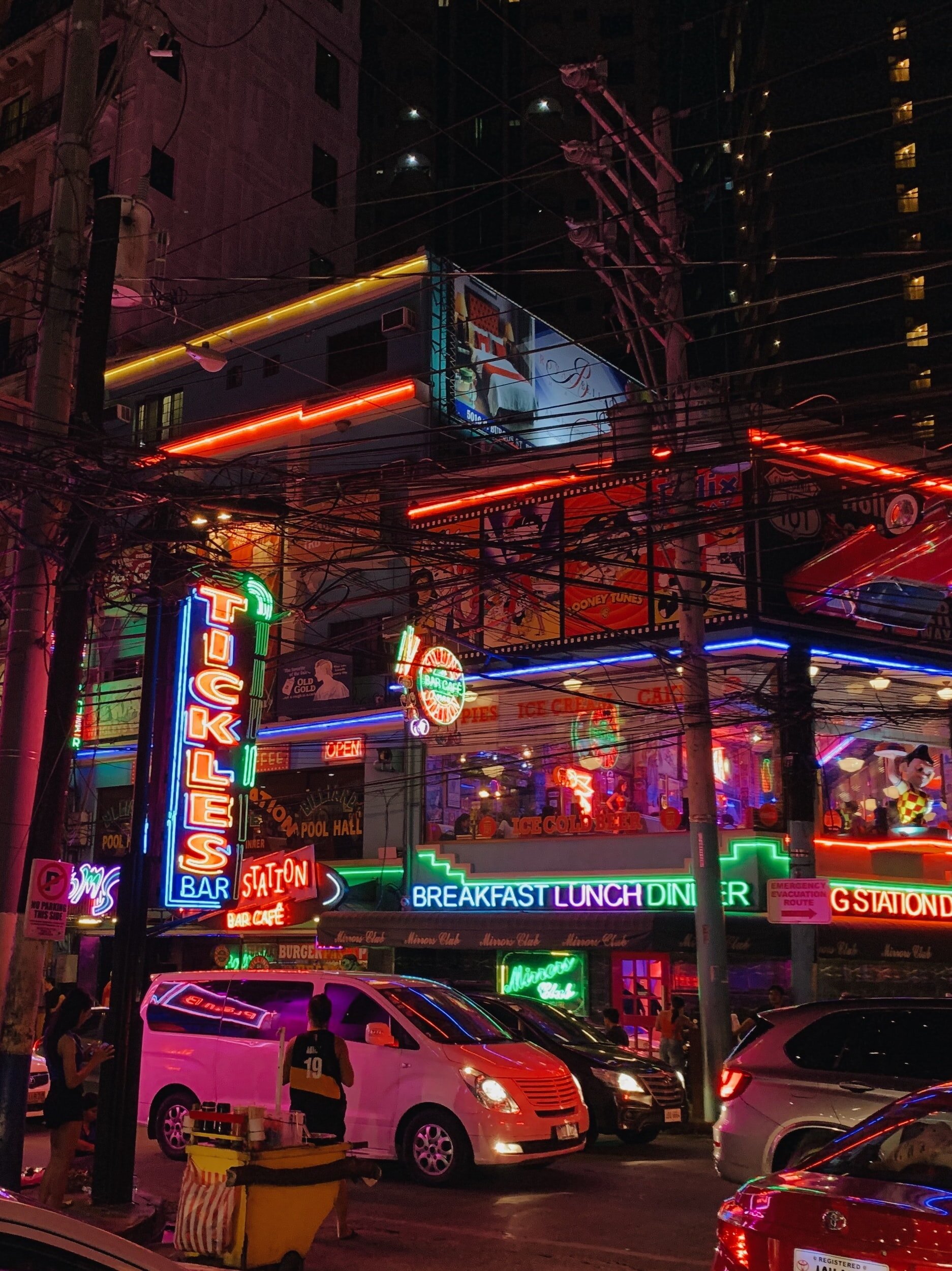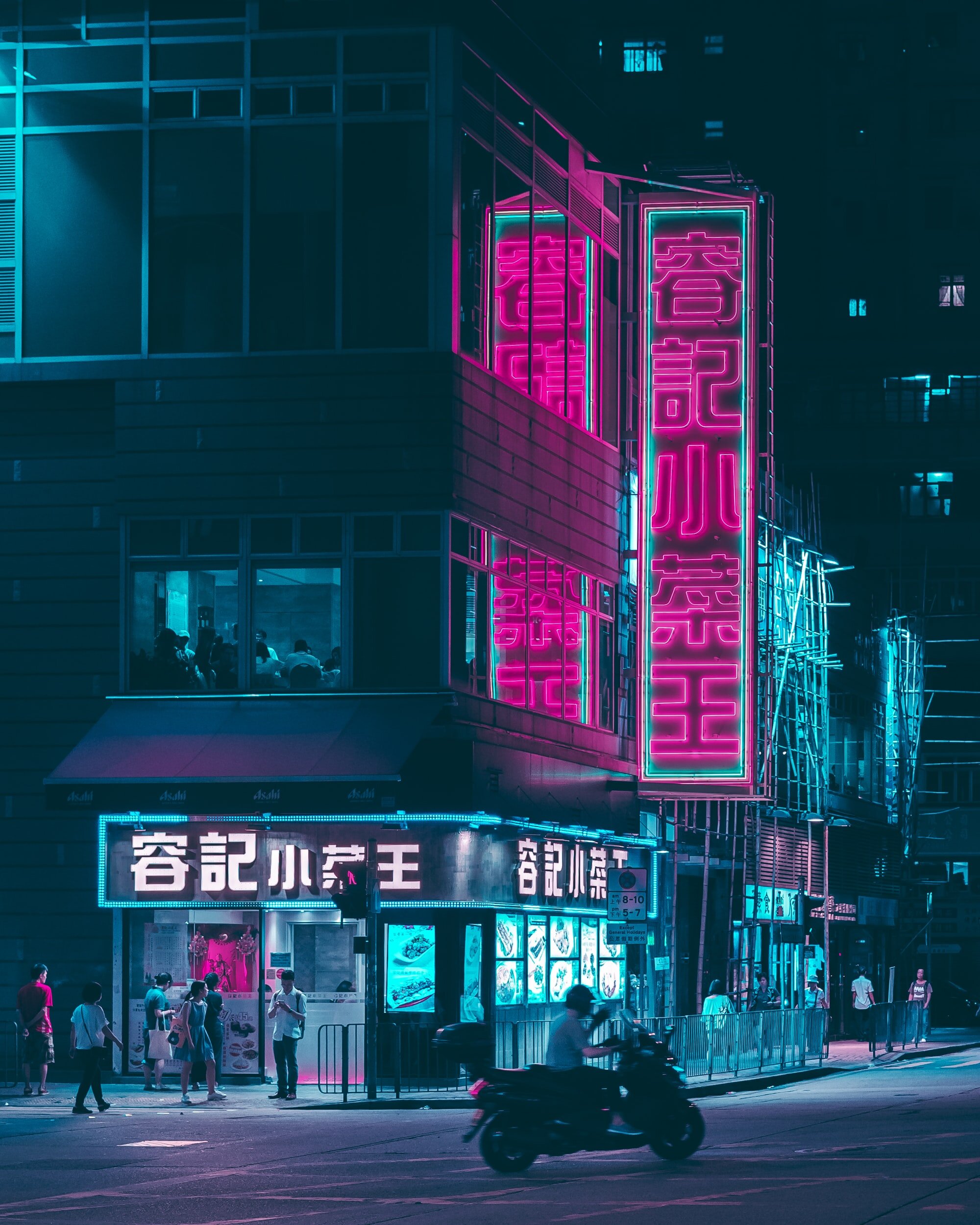Screw Scaries, I’m Stealing My Sundays Back.
By: Paige Gulliver
I wake up and my bank account is in the negatives. One too many vodka soda lime juices. My inbox is full of canvas assignments after a weekend of neglecting to attend my schoolwork. My head hurts. It hurts and it pounds but even worse it is swirling with overanalysis, racing with worry. A train of anxious thought cuts my brain through the center and has seemingly no end destination. This barreling train is a feeling all too familiar after a night or weekend out. This feeling is what many refer to as hangxiety. Hangxiety is a specific type of anxiety that people feel when coping with hangovers and is a shared experience among those with and without diagnosed mental health issues. Hangxiety makes waking up sober after going out an uphill battle to not have a panic attack or slip into a depressive episode.
Now, don’t get me wrong; going out in college is one of my top 5 all-time favorite things - right up there with a hungover bacon egg and cheese sandwich. The trek to the living room to see my 7 other roommates after a night out is also one of my all-time favorite things. As we all bask in our knotted hair and maybe even last-night’s outfit we share stories and laughs. Some of my most cherished college memories revolve around those conversations and catch-ups on the couch. But even in those moments, experiencing hangxiety is something I have come to know all too well.
“Hangxiety makes waking up sober after going out an uphill battle.”
Freshman year threw me into a social arena I had never experienced and it was exhilarating. I was sans parental authority and had a fifth of svedka on my dorm room desk and a lineup of weeknight drinking events. Wine Wednesday and thirsty Thursday followed by the weekend was a combination that without fail would set me up for a week full of consumption. It was the most fun I had had in my entire 18 years of living. Freshman year flew by in an instant as I fell deeply in love with the thrills of going out every night and never missing a party. I don’t remember such crippling moral hangovers plaguing my mornings after drinking until the sun came up and I believe this looming hangxiety developed later on in college. What I HAVE experienced for my whole life is very intense FOMO (fear of missing out). If something was happening, I was going to be there.
Throughout my freshmen and beginning of sophomore year I was extremely socially active and looked forward to any and all social events. The anxiety of missing a function has always been great enough that no matter the circumstances, I would not miss out. This FOMO mentality is hard to shake and directly resulted in a consistent schedule of drinking and partying. It wasn't until my hangovers shifted from not only physical to severely mental that I realized how my relentless social participation was impacting my mental health.
“I fell deeply in love with the thrills of going out every night and never missing a party.”
The “come-down” from a bender feels like bricks being stacked on me. Each day’s hangover is worse than the last and once the drinking to cure the perpetual hangxiety ends I am left feeling in shambles. I had to take a small step back to look at my habits and what I was getting out of partying all the time and what it was taking from me. For one, my money. The anxiety of checking my debit card balance the morning after going out was enough to make my stomach hurt, let alone when it was combined with last night’s $8 bottle of wine - or three. What it was robbing me of more importantly was my sanity. Note that this is not an article about not going out in college but instead about coping with the inevitable hangxiety that those - like me - face. Personally, not going out to stop these hangovers is not a realistic solution. What has been a realistic solution is for one, realizing my limits.
This plan often fails as I fall victim to overindulgence and overconsumption. That's when I employ my fail-safe plan which requires me to beat myself at my own mental games. These mental games fueled by anxiety pump thoughts into my head of doubt, unfounded guilt, and I often find my own brain to be my worst enemy. To stop this crippling process of tearing myself down I have to constantly remind myself that everything is going to be okay. Even when things aren't okay or feel as if they will never be okay again after a long few days of drinking I have to work against my intrusive thoughts because I am stronger than my anxiety.
“All too often my hangovers rob me of my mental stability.”
These habits are something I don’t want to stop partaking in but instead want to continue to delineate steps and strategies I can employ so as to not let temporary blips manufacture permanent mental health problems. It is possible to neglect your mental health in lieu of participating in social events. It is also possible to participate and take care of your mental health. The balance can be very hard to find and I walk a fine line of shifting priorities. I love going out in college. I also love feeling stable and in control of my mental health.
All too often my hangovers rob me of my mental stability and I have learned that sometimes taking one step back from partying can make a world of a difference. Even without slowing down, keeping focus on what is important and releasing the self-inflicted criticisms that come with a heavy hangover is what has helped me most. There is no use wasting time on things that are out of my control from the night previous. I am taking steps to combat hangxiety and it is definitely a work in progress. My mental health is of utmost importance to me but honestly, so is going out with my friends. Screw scaries, I’m stealing my Sundays back.








